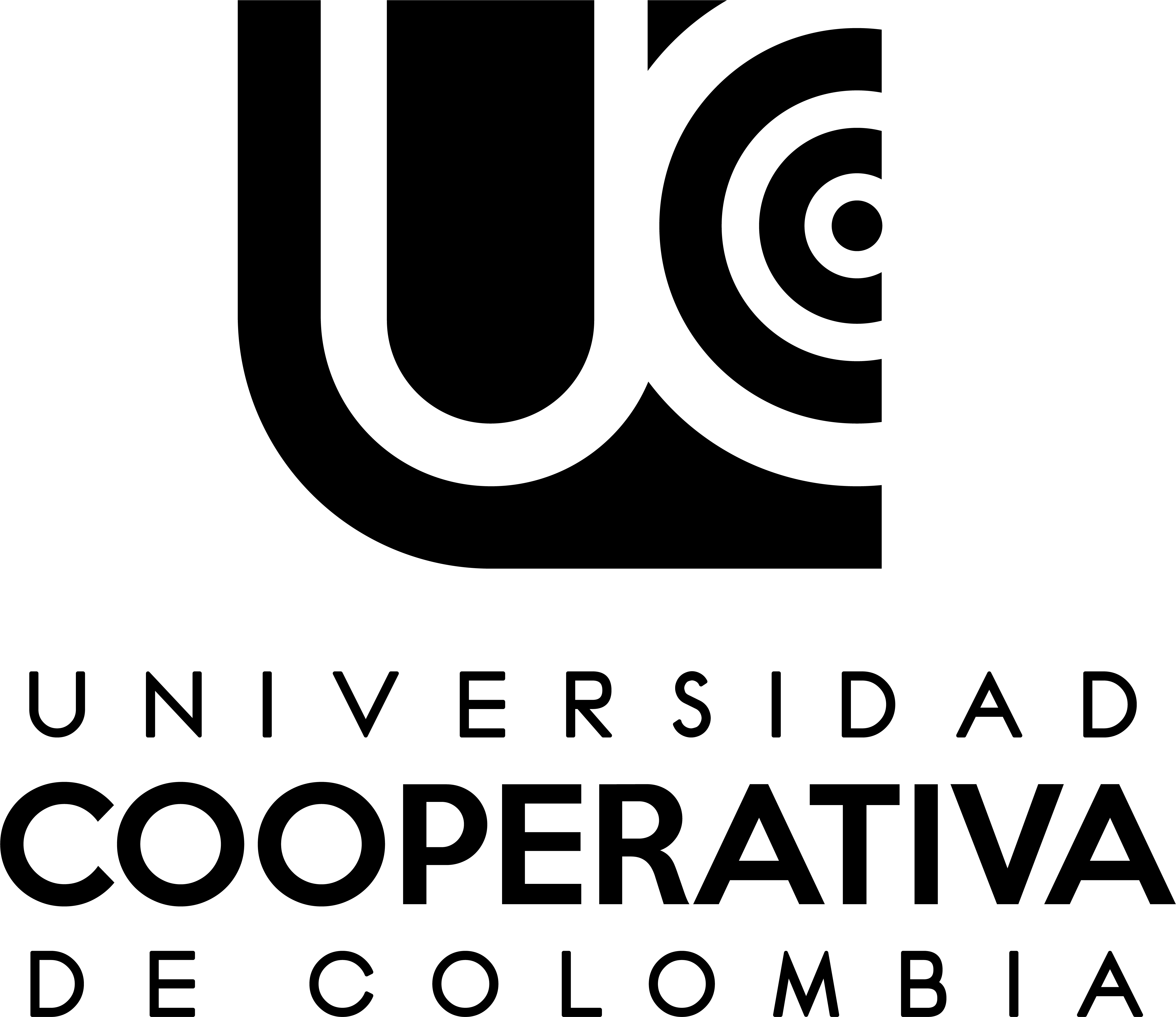Methodology for the better use of energy potential with forestry biomass in the department of Nariño, Colombia : Study Case
Introduction: This article is the result of the research project “Analysis of energy opportunities with alternative sources in the Department of Nariño —Alternar”, conducted from the year 2014 to early 2016, by the Universidad de Nariño, in cooperation with the Universidad de los Andes and asc Ingenieria s. a. e. s. p., and the support of the Nariño Governorate Office. The project was financed by the General System of Royalties during the year 2014 in Colombia. The objective of the research is to propose a structure for an inclusive and sustainable leveraging of local resources for the generation of energy, by investigating Intelligent Networks technology and micro-grids applied to un-interconnected zones (zni).
Methodology: The studies were conducted in two populations of the Pacific region of Nariño, where the coverage index of the energy grid is very low (2-5 hours/day). The following steps were performed to determine the energy potential of every zni: geographic and socioeconomic characterization of the location, characterization of energy demand, characterization of forestry waste, design of the gasification and hybrid system installations, and predesign of the electric grid.
Results: In the two zni of the study, the hybrid system equipment is described using simulations of optimization in Homer. Discussion: It is feasible to use forestry waste for the energization of zni with sustainable energy in order to minimize dependence of fossil fuels and thus reducing the production of greenhouse gases.











